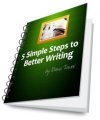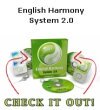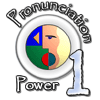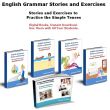ing and ed
by mehrdad
(melbourne)
How should I use ING and ED in a writing?
Still looking? Search the site for exactly what you need using the site search box below.
Happy exploring!
Enjoy this page? Please pay it forward. Here's how...
Would you prefer to share this page with others by linking to it?
- Click on the HTML link code below.
- Copy and paste it, adding a note of your own, into your blog, a Web page, forums, a blog comment,
your Facebook account, or anywhere that someone would find this page valuable.
Discover these Amazing ESL Materials!









